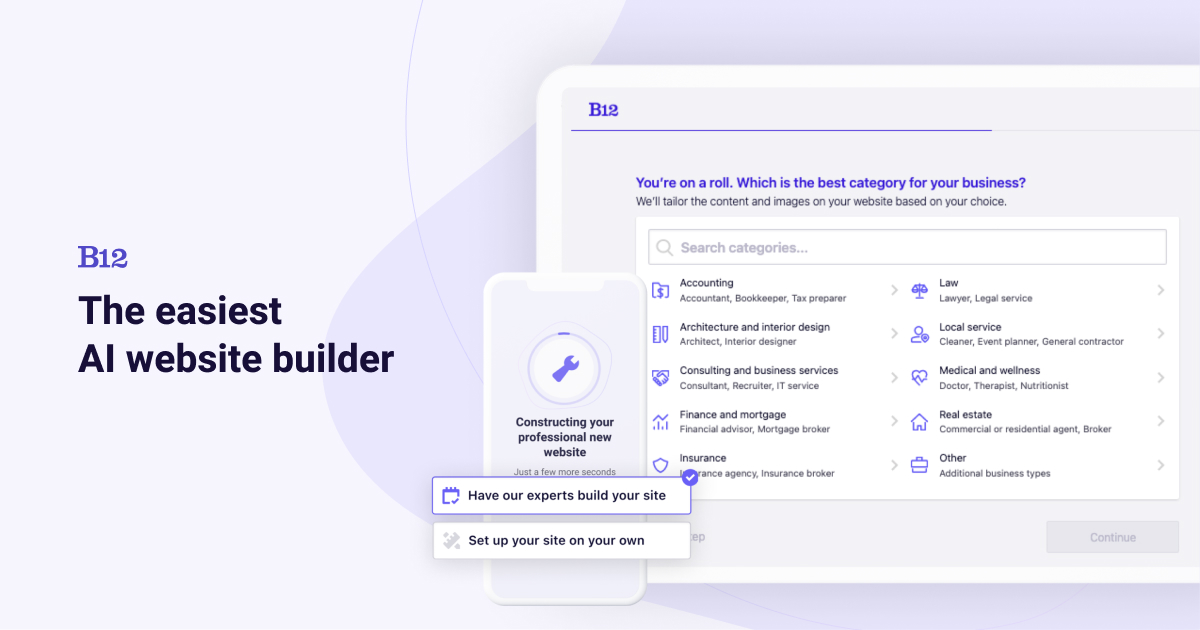A step-by-step guide to start a profitable accounting business
Starting your own accounting business can be a lucrative and rewarding venture. With the right skills, experience, and dedication, you can build a successful accounting practice that serves the needs of local businesses and individuals. However, the process of starting a profitable accounting business requires careful planning and execution. In this article, we will provide a step-by-step guide to help you kick-start your accounting business and set it on the path to profitability.
Evaluate your skills and experience
Before you launch your accounting business, it’s important to take an honest look at your skills and experience. Are you a qualified accountant with relevant certifications and experience in the field? Do you have a strong understanding of tax laws, financial reporting, and other essential accounting principles? Assessing your own abilities will help you determine whether you’re ready to start a business or if you need to gain more experience and knowledge before taking the plunge.
Develop a business plan
A well-thought-out business plan is essential for any new venture, and starting an accounting business is no exception. Your business plan should outline your target market, services offered, pricing structure, marketing strategies, and financial projections. It should also include an analysis of your competition and a clear roadmap for how you will differentiate your accounting business from others in the industry.
Choose a business structure
When starting an accounting business, you’ll need to decide on the most suitable business structure for your venture. You may choose to operate as a sole proprietor, a partnership, a limited liability company (LLC), or a corporation. Each business structure has its own advantages and disadvantages, so it’s important to carefully consider the legal and tax implications of each option before making a decision.
Register your business and obtain necessary licenses
Once you’ve decided on a business structure, you’ll need to register your business with the appropriate government authorities and obtain any necessary licenses or permits. This may include registering your business name, obtaining a federal tax ID number, and securing any professional licenses required for accounting services in your area.
Set up your accounting practice
When setting up your accounting practice, you’ll need to establish a professional workspace, invest in accounting software and other essential tools, and create a system for managing your clients’ financial data. You may also need to set up a business bank account, secure professional liability insurance, and establish a billing and invoicing system for your clients.
Market your accounting business
Once your accounting business is up and running, it’s time to start attracting clients. Developing a marketing strategy that effectively reaches your target audience is essential for building a profitable accounting business. This may include creating a professional website, leveraging social media, networking with other professionals in your industry, and attending industry events and conferences to promote your services.
Provide exceptional service and build client relationships
One of the keys to success in the accounting industry is providing exceptional service to your clients. Building strong client relationships based on trust, integrity, and reliability will not only help you retain existing clients but also attract new ones through referrals and word-of-mouth. By consistently delivering high-quality accounting services and exceeding your clients’ expectations, you can position your accounting business for long-term profitability and success.
Continue your professional development
The field of accounting is constantly evolving, with new regulations, technologies, and best practices shaping the industry. To ensure the long-term profitability of your accounting business, it’s important to stay abreast of these changes by continuing your professional development. This may involve earning additional certifications, attending industry conferences, and participating in continuing education programs to expand your skills and knowledge.
Conclusion
Starting a profitable accounting business requires careful planning, a strong foundation of skills and experience, and a commitment to providing exceptional service to your clients. By following the step-by-step guide outlined in this article and continually investing in your professional development, you can lay the groundwork for a successful and profitable accounting business that meets the needs of your clients and contributes to your own financial success. With dedication and hard work, you can build a thriving accounting practice that serves as a valuable resource for businesses and individuals in your local community.

